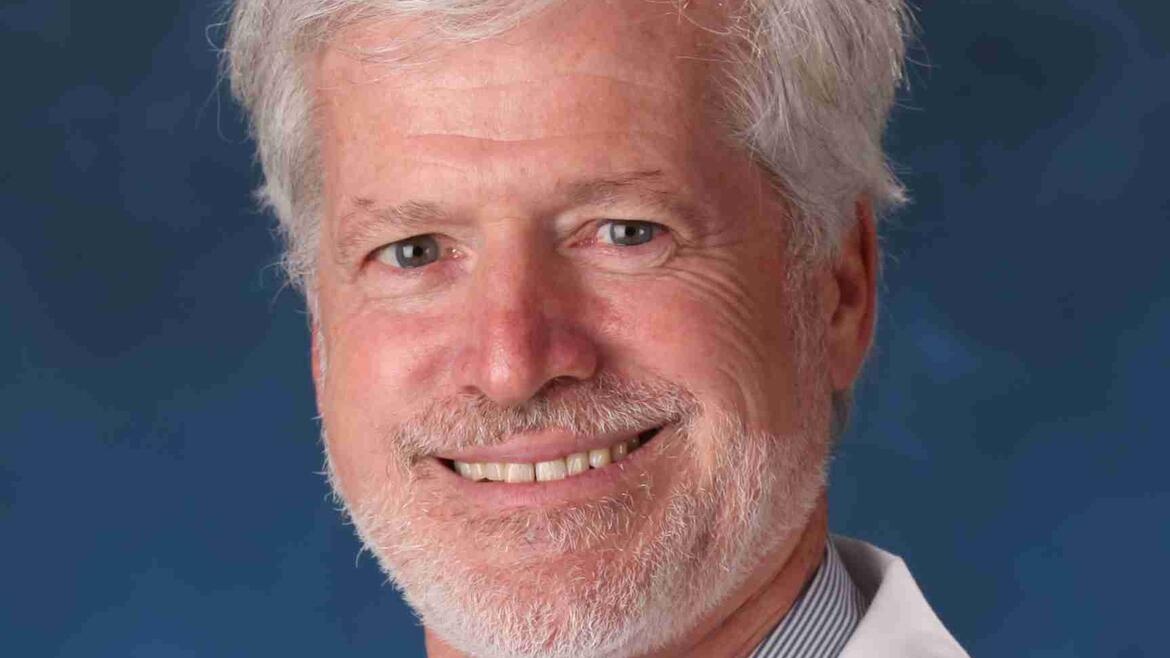Traumatic Brain Injury and Alzheimer’s Disease: Vascular Perturbations - Emerging evidence suggests that traumatic brain injury (TBI) and Alzheimer’s Disease (AD) may share similar pathophysiology including long-term alterations in neurodegeneration and cognition. Vascular perturbations are evident in both neurological diseases, but what is not well established is how altered vascular structure/function contributes to the progressive temporal trajectory of disease. Recently, we have begun exploring the intersection between these diseases focused on vascular morphology and function in relevant rodent models. Moderate cortical TBI elicits immediate loss of vessels at the injury site that then recovers with time using our vessel painting technique. Miniscope imaging confirmed vessel loss and subsequent re-growth of morphology and demonstrated blood flow through these new vessels. Temporal perfusion weighted MRI (PWI MRI) confirmed resumption of blood flow, but 60d after injury there was a dramatic loss in blood flow that was confirmed by loss of vascular density. This would suggest that vascular recovery after TBI is dynamic and potentially not sustained. Rodent models of AD (such as hAβKI, hAβKI.hAPOE4 and others), over their lifespan also demonstrate vascular loss. Not surprisingly, this loss of vascularity leads to loss of regional cerebral blood flow. We demonstrated that there are regional and sex specific alterations in brain metabolism in these mice using 18F-positron emission tomography (18F-PET). By combining blood flow with metabolism in AD models, as well as in concussion TBI, we demonstrate that neurovascular coupling evokes similar decrements in both disease models. These and other findings suggest that TBI and AD may share similar vascular alterations albeit at different time scales, but which lead to perturbed cognition later in life. Ongoing research attempts to align putative mechanisms across these disease spectrums.

